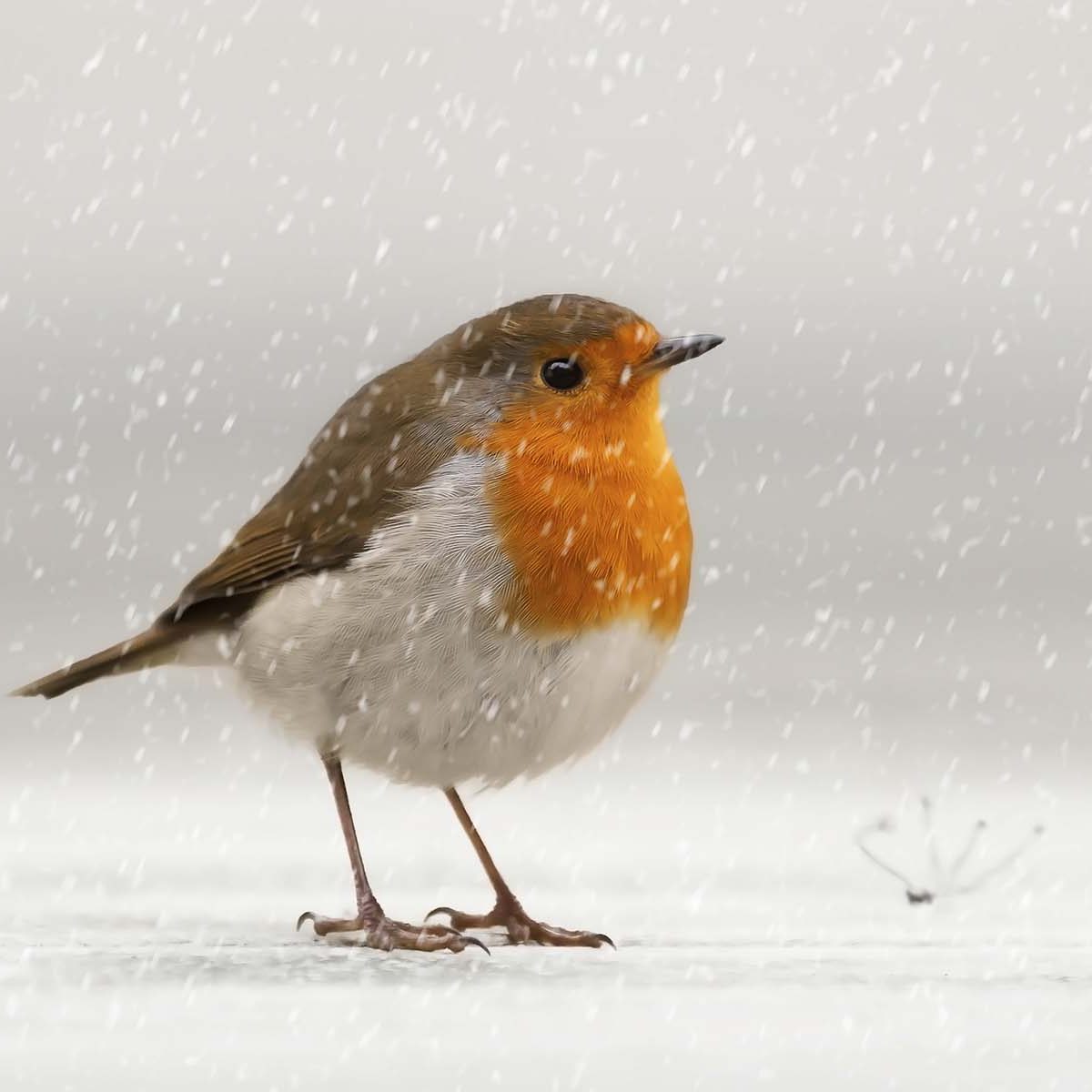Nouns
In English nouns rarely change form, even to indicate gender. As a general rule, only nouns referring to people and some animals reflect gender in their form. By the same token, unlike many other languages, the adjectives modifying nouns will remain unchanged.
Example:
- My poor little dog died.
However, certain nouns — especially those referring to people — may have different forms to indicate masculin or feminine usage:
- man — woman
- gentleman — lady
- actor — actress
- uncle — aunt
- father — mother
The same can be said of certain male and female animals:
- a buck, a doe
- a ram, a ewe
- a bull, a cow
- a stallion, a mare
In other cases, the word “male” or “female” is added, if it is considered necessary to be specific:
- a female cat
- a male giraffe
Note: If the gender of the person or animal is known, one will generally use the pronoun “he” or “she” to refer to it, as appropriate. When the gender is left unstated, the pronoun “he” is generally used when speaking of people, or “it” when speaking of animals. Some objects are also considered to be gendered in certain usages: some people may refer to a boat or a car as “she.”
Certain nouns (especially the names of professions) are traditionally associated with men or women, in which case one signals exceptions to the tradition by adding “woman” (or “lady”) or “man” to the term:
- They are in a group of male dancers.
- My wife prefers to see a woman doctor.
As a general rule, the plural is formed by adding “-s” to the singular form of nouns.
- shoe –> shoes
- book –> books
- river –> rivers
Nouns ending in “s” or “s” will generally take the ending “-es”:
- bus –> buses
- kiss –> kisses
Words ending in “y” will generally take the ending “-ies” in place of the “y”:
- party –> parties
- supply –> supplies
Certain words have very irregular forms in the plural:
- one man –> two men
- one woman –> two women
- one person –> two people
- one foot –> two feet
- one mouse –> two mice
- one goose –> two geese
- one tooth –> two teeth
- one wife –> two wives
- one child –> two children
- one knife –> two knives
- one thief –> two thieves
- one dwarf –> two dwarves (ou: dwarfs)
- one potato –> two potatoes
- one leaf –> two leaves
- one life –> two lives
- one loaf –> two loaves
- one half –> two halves
A small set of words do not change form in the plural:
- one moose –> two moose
- one sheep –> two sheep
- one aircraft –> two aircraft
Words of Greek or Latin origin which have retained their original endings will generally take the plural form associated with the language they are drawn from:
- one alumnus –> two alumni
- one syllabus –> two syllabi
- one alumna –> two alumnae
- one alga –> many algae
- one criterion –> many criteria
- one forum –> many fora (or : forums)
- one thesis –> two theses
- one hypothesis –> two hypotheses
- one phenomenon –> two phenomena
- one cactus –> two cacti (or : cactuses)
- one diagnosis –> two diagnoses
- one oasis –> two oases
- one analysis –> two analyses
A few nouns are invariable or collective, always indicating a plural meaning:
- She gave me some information.
- Michelle has a lot of clothes.
Capital letters
Certain nouns are generally capitalized, including: days of the week and months; names of holidays, cities (or states, etc.) and religions; nouns of nationality:
- Minneapolis
- Jewish
- Monday
- April

